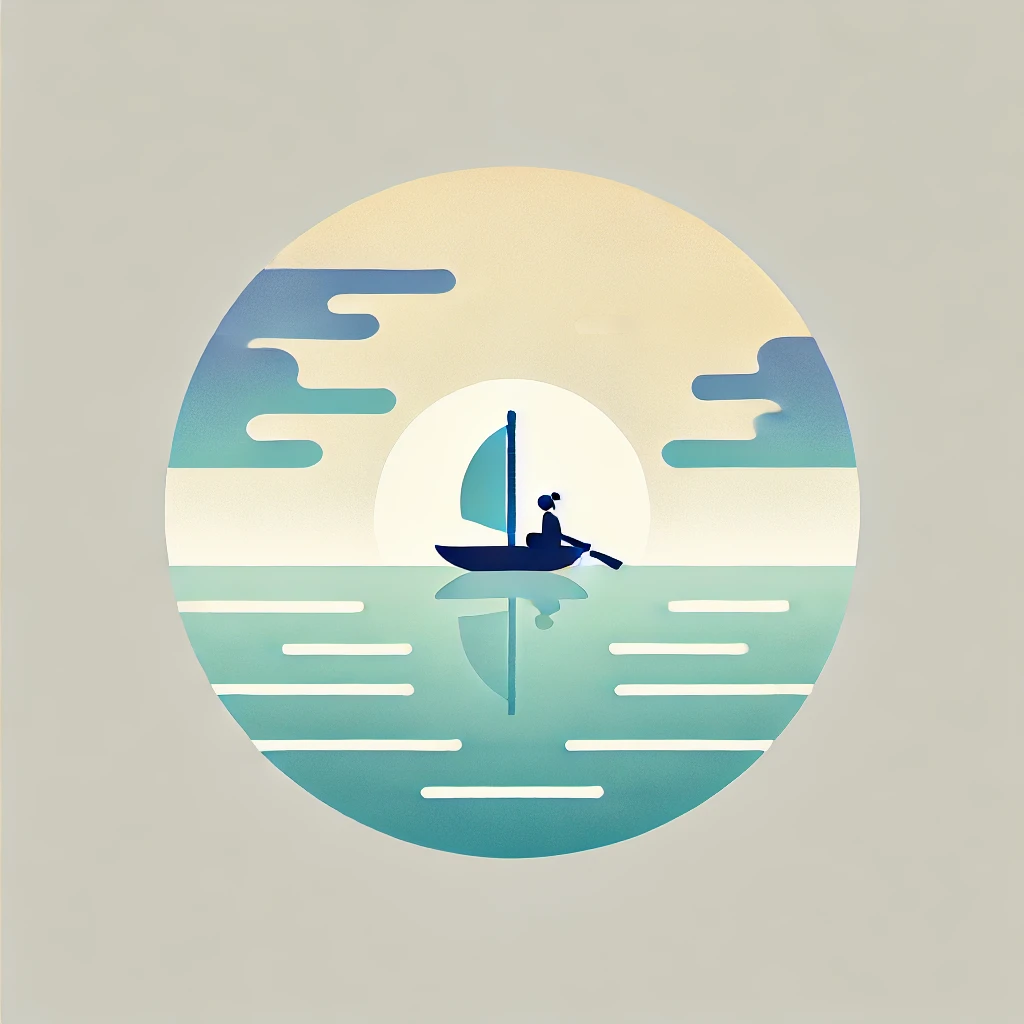Wu Wei: The Art of Not Forcing Anything in Life
As the Stoics might say, “Live in harmony with nature.” In the Taoist sense, this means understanding the tides of life and moving with them rather than against them. It’s not laziness; it’s wisdom.
What Wu Wei Is—and What It Isn’t
Many people misunderstand *Wu Wei*. They think it means doing absolutely nothing, like lounging on the couch and hoping life sorts itself out. But Wu Wei is more nuanced than that. It’s about timing, intuition, and effortlessness. Think of a master martial artist: they don’t waste energy throwing punches into thin air. They wait for the right moment when their opponent is off balance, and with minimal effort, they achieve maximum impact.
“There is a tide in the affairs of men, which taken at the flood, leads on to fortune.” —William Shakespeare
Wu Wei isn’t about avoiding action. It’s about knowing the right action, at the right time, in the right way. It’s the art of sailing, not rowing.
Virtue Without Trying
One of Laozi’s most famous teachings is this: “Superior virtue has no intention to be virtuous, and thus is virtue. Inferior virtue cannot let go of virtuosity, and thus is not virtue.”
In simpler terms: if you’re trying too hard to be virtuous, you’re missing the point. True virtue flows naturally, like water finding its way downhill. Forcing virtue is like trying to force happiness—it just doesn’t work. The key is to let go of effort and let your true nature shine through.
The Trap of Overthinking
Here’s a fun paradox: the harder you try to “let go,” the more you cling to the idea of letting go. It’s like trying to fall asleep by telling yourself, “I must sleep now!” Spoiler: it doesn’t work.
True Wu Wei comes when you stop trying to control everything. It’s about surrendering—not in defeat, but in trust. When you’re quiet enough to listen, life tells you what to do next. Call it intuition, call it flow—it’s all about being present enough to hear the whispers of the universe.
Children Get It—Why Don’t We?
Children inherently understand the principles of Wu Wei. They spin in circles to feel dizzy, ask endless questions about the universe, and revel in the weirdness of existence. Adults? We bury ourselves in rules, logic, and a desperate need for control. Somewhere along the way, we forgot how to just *be*.
“Unless you become like children, you will never enter the kingdom of heaven.” —Matthew 18:3
To rediscover Wu Wei, we must strip away our assumptions. Suspend your beliefs, if only for a moment. Look at the world as if you’ve never seen it before. Red isn’t “red.” Solid isn’t “solid.” These labels are just conveniences we use to navigate life, not the truth of existence. Pause, breathe, and let go of knowing.
The Void and the Foundation of Everything
What’s beyond the stars? What lies at the end of time? Children ask these questions with awe and wonder, while adults brush them aside as impractical. But here’s the secret: the void—what we might call “nothingness”—is the foundation of everything.
The Taoist term for this is *kung* (void). The emptiness we so often fear is what makes space for all creation. It’s the silence between notes that makes music, the blank canvas that makes art possible. To embrace Wu Wei is to embrace the void—not as an absence, but as infinite potential.
Practical Wu Wei: How to Live It
So how do you bring Wu Wei into your life? It’s not about forcing yourself to be “effortless.” It’s about aligning your actions with the natural flow of things. Here are some tips:
- Pause Before Acting: Don’t rush. Give yourself a moment to sense the situation. Let your next step emerge naturally.
- Let Go of Overcontrol: Stop micromanaging every aspect of your life. Trust that things can unfold without your constant intervention.
- Be Present: Focus on what’s happening now. Wu Wei lives in the moment, not in the past or future.
- Play Like a Child: Rediscover curiosity, wonder, and playfulness. Spin in circles. Ask weird questions. Enjoy the ride.
Discover more from Recklessly Wise
Subscribe to get the latest posts sent to your email.
